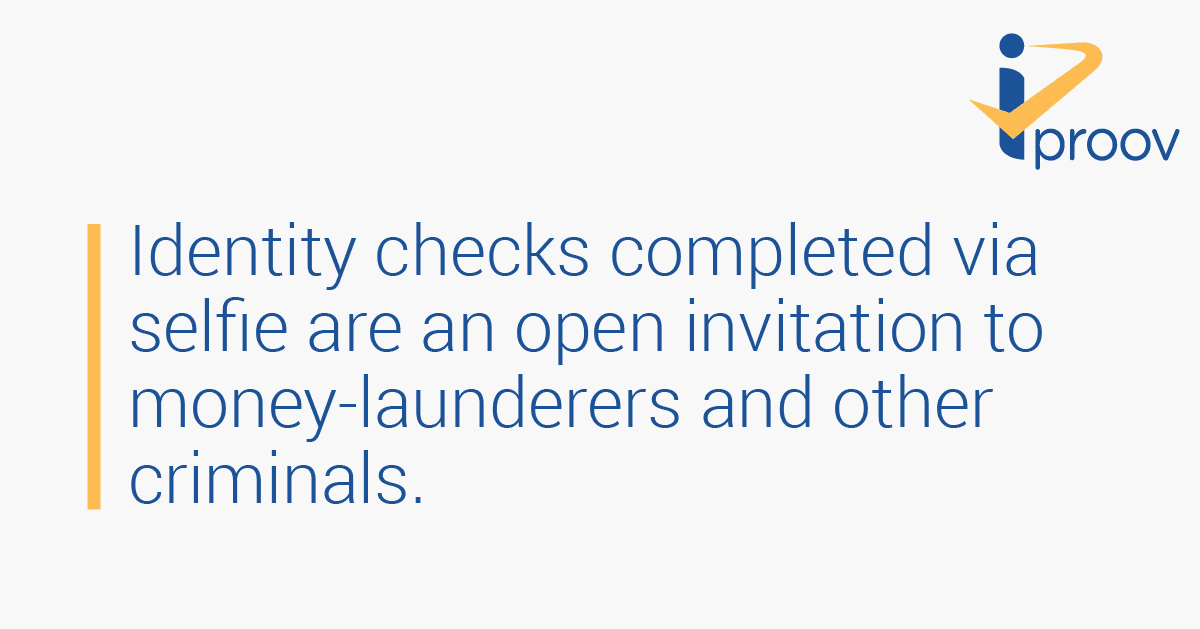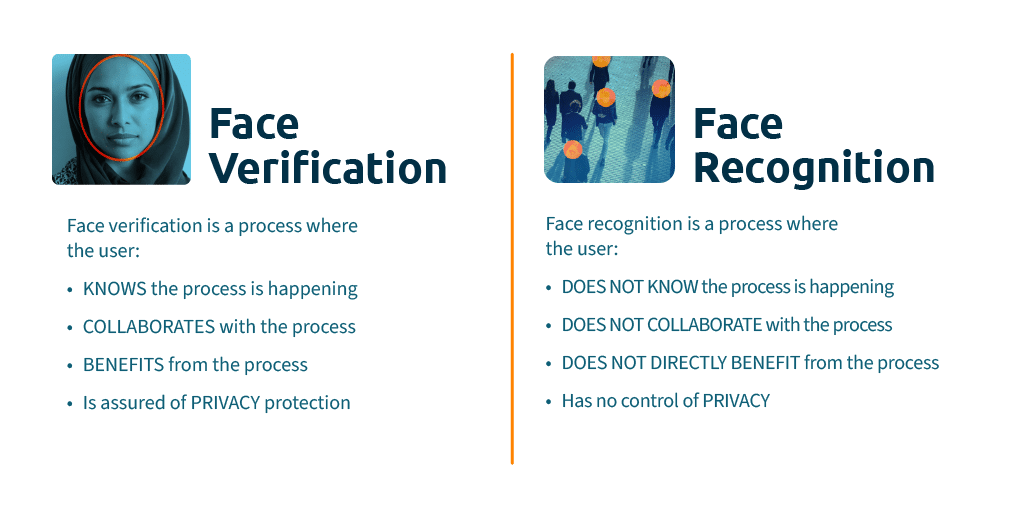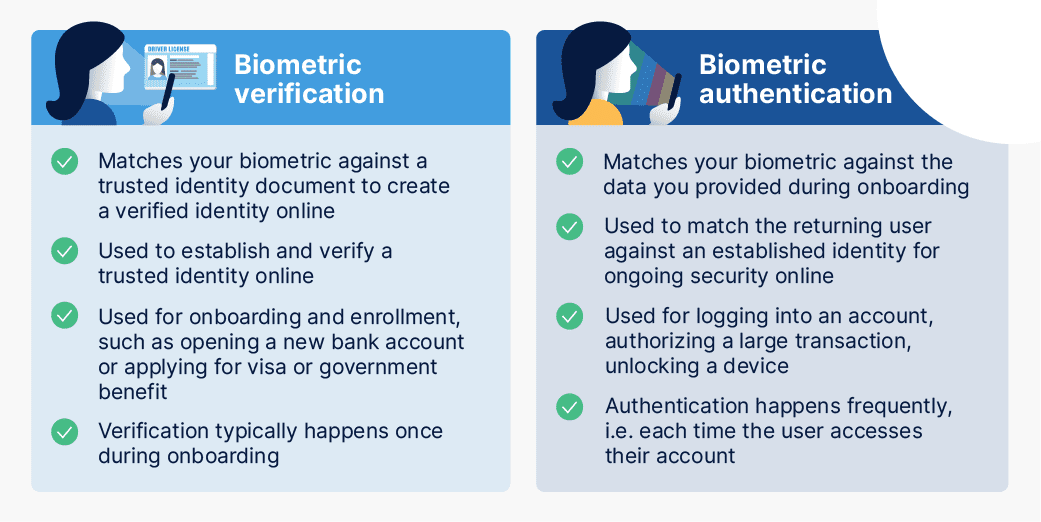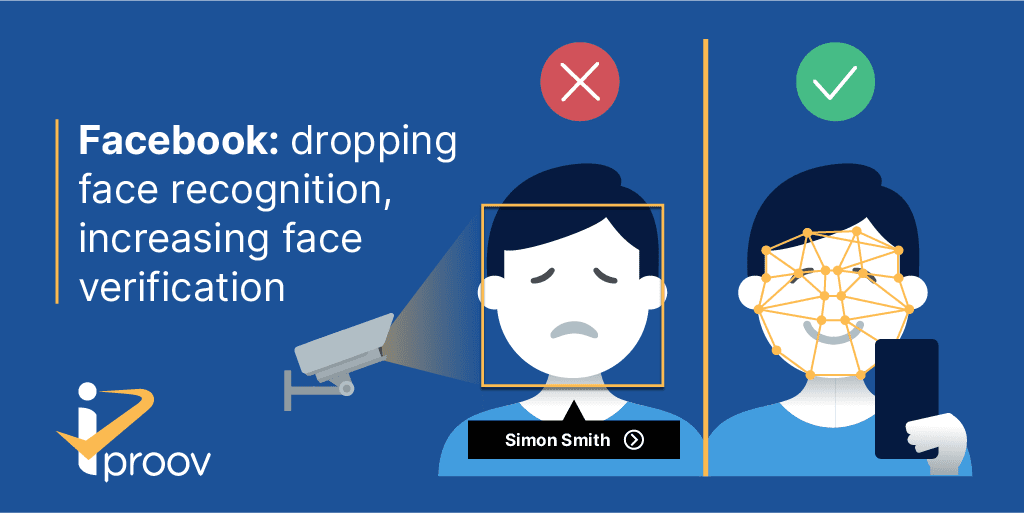April 1, 2020
The New Arms Race: Securing Your Workforce Against AI-Driven Impersonation
Hear iProov and our guest speaker, Forrester VP and Principal Analyst Andras Cser, for an exclusive session on building an uncompromising defense. We will identify the critical exposure points in your digital workflows and provide the blueprint for a security architecture that verifies every user with absolute certainty. Watch today!



